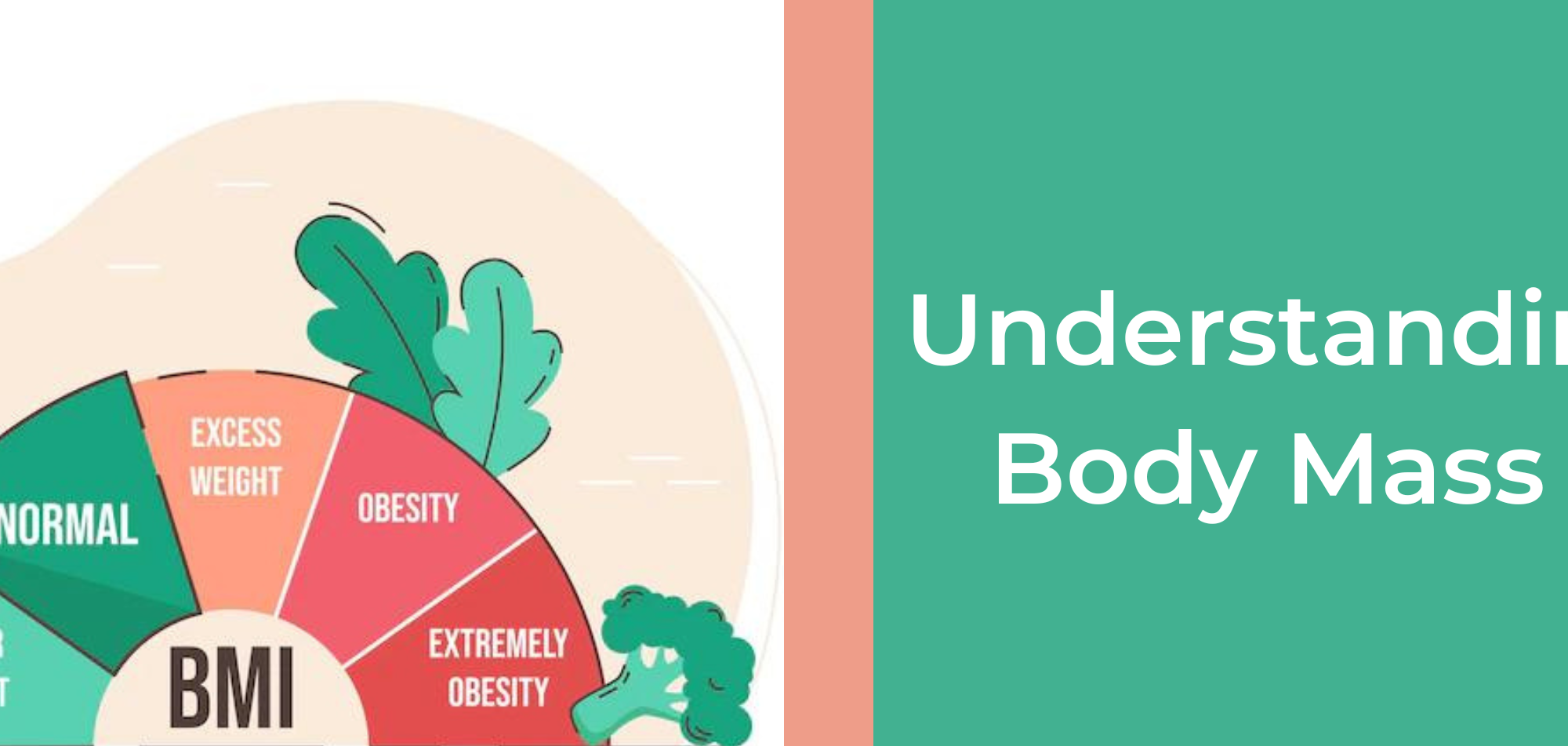
Weight is usually one of the first topics that come up about personal health. But the number you see when you step on the weighing scale doesn’t give you the full picture of how healthy (or unhealthy) you may be.
Those looking for a clearer picture of what their weight means to their health may want to see metrics other than weight. One of such metrics is the body mass index, or BMI, which is an estimation of body fat that can be calculated using a person’s height and weight. Much could be known by looking at the body composition, which refers to the proportion of fat tissue you have, relative to lean tissue (muscles, organs, etc.).
Health care professionals use BMI, as well as advanced body composition tools, to assess their patient’s risk factors for certain weight-related health conditions. You can use readily available tools — such as online BMI calculators, skinfold calipers, and bioelectrical impedance devices — for a deeper understanding of their health and physical fitness from the comfort of their own home. Of all the mechanisms for evaluating physical fitness is BMI which is the most relevant and practiced.
What is BMI?
Body Mass Index (BMI) is simple to calculate. BMI is a person’s weight in kilograms (or pounds) divided by the square of height in meters (or feet). Doubtful)
Your BMI will fit into one of 5 bandwidths:
under 18.5 – underweight.
between 18.5 and 24.9 – healthy range.
between 25 and 29.9 – overweight
between 30 and 39.9 – obesity
40 or over – severe obesity
If your BMI puts you in the “overweight, obese, or severely obese” category, you should consider losing weight if there are additional risk factors, such as smoking, inactivity or high blood pressure co-exists.
The writings on the wall are very clear. The risk for various cardiovascular diseases, stroke, blood pressure, kidney problems, cancer, arthritis, and other chronic diseases starts to rise at a BMI of 25. This is why people are encouraged to be at a BMI between 18.5 and 24.9. Men tend to be at the higher end of the scale and women toward the middle and lower end, but your desired weight may vary depending on your individual health goals.
While BMI is used to categorize people’s weight, BMI charts are mainly used for working out the health of populations rather than individuals. Within a given population there will always be people who are at the extremes (have a high BMI or low BMI). A high or low BMI may be indicating a poor diet condition, varying levels of activity, or high-stress level.
Just because someone has a ‘normal BMI’ does not imply that they are healthy because, BMI doesn’t take into account body composition, for example, muscle, fat, bone density, sex, and other factors which can impact your weight and may lead to an inaccurate reading. BMI calculation per se is not a suitable measure for some people including children and young people under 18, pregnant women, and athletes.
If you have lost weight because you have been poorly or not eating under a normal source, or you don’t know the reason, you can consult Takshana Ayurvedic Physician.
A BMI of 25 and over are described as a ‘higher BMI’ and maybe just be one of the many reasons some are at higher risk of adverse health conditions, including type 2 diabetes.
For many, achieving a BMI within the ‘healthy range’ is not a reality. We, at Tatkashana, do have an Ayurvedic treatment for obesity. Irrespective of your weight, there may be changes you want to make to improve your health. Making a few small changes to your lifestyle can improve your health. Losing a small amount of weight, 5-10%, and maintaining this weight loss by Ayurveda can have a significant positive impact on your overall health.
Why your weight range is important
Health problems associated with a higher BMI in the obesity range include:
type 2 diabetes
stroke
heart disease
some cancers
issues with fertility in women
high blood pressure
osteoarthritis
fatty liver disease
kidney disease
Health problems associated with a lower BMI as in the underweight range include:
weakened immune system
osteoporosis
anemia
issues with fertility in women
palpitations
We at Tatkshana provide Ayurveda treatment that ensures safe and effective treatment, customized as per the individual health condition.
For more information:
Get in touch: Ph: +91 77601 04333
✉ info@tatkshanaayurveda.com
















